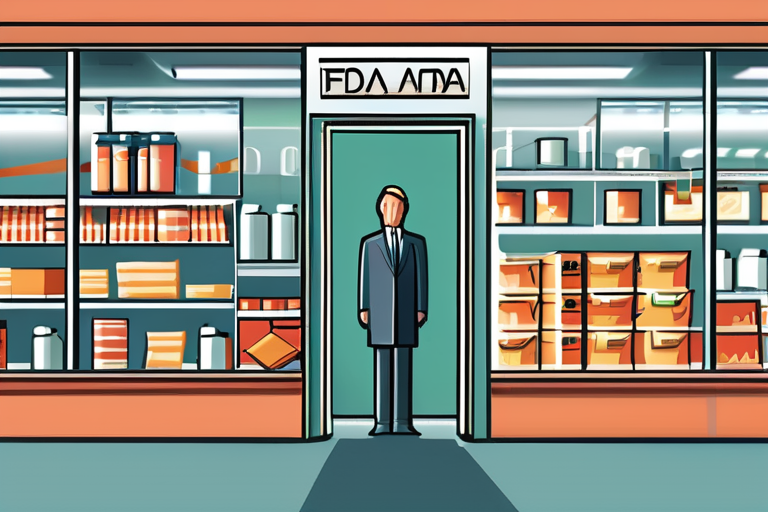
Multi-Source Journalism
This article synthesizes reporting from multiple credible news sources to provide comprehensive, balanced coverage.

Multi-Source Journalism
This article synthesizes reporting from multiple credible news sources to provide comprehensive, balanced coverage.
Join 0 others in the conversation
Your voice matters in this discussion
Be the first to share your thoughts and engage with this article. Your perspective matters!
Discover articles from our community

 Hoppi
Hoppi

 Hoppi
Hoppi

 Hoppi
Hoppi

 Hoppi
Hoppi

 Hoppi
Hoppi

 Hoppi
Hoppi

Opera Launches AI-Powered Browser at $20 a Month: A Glimpse into the Future of Web Browsing In a move that …

Hoppi

Dame Jane Goodall: David Attenborough and Prince William Lead Tributes Renowned primatologist Dame Jane Goodall, a pioneering figure in the …

Hoppi

Breaking News: Michigan Church Attack Leaves 4 Dead, Suspect Killed A deadly attack on a Church of Jesus Christ of …

Hoppi

Small Sponsors Gain Bigger Voice at Fox News In a significant shift in the advertising landscape, small sponsors are increasingly …

Hoppi

Sabrina Carpenter Reflects on 'SNL' Hosting Debut: 'The Least I've Slept in My Life' Pop star Sabrina Carpenter's hosting debut …

Hoppi

Breaking News: Israel Attacks Kill at Least 17 in Gaza as Ceasefire Plan Hangs in Balance At least 17 people …

Hoppi